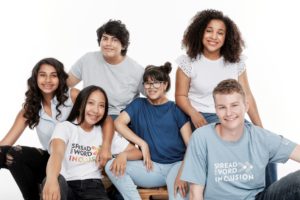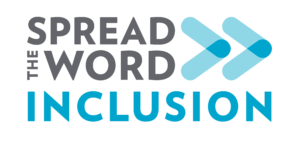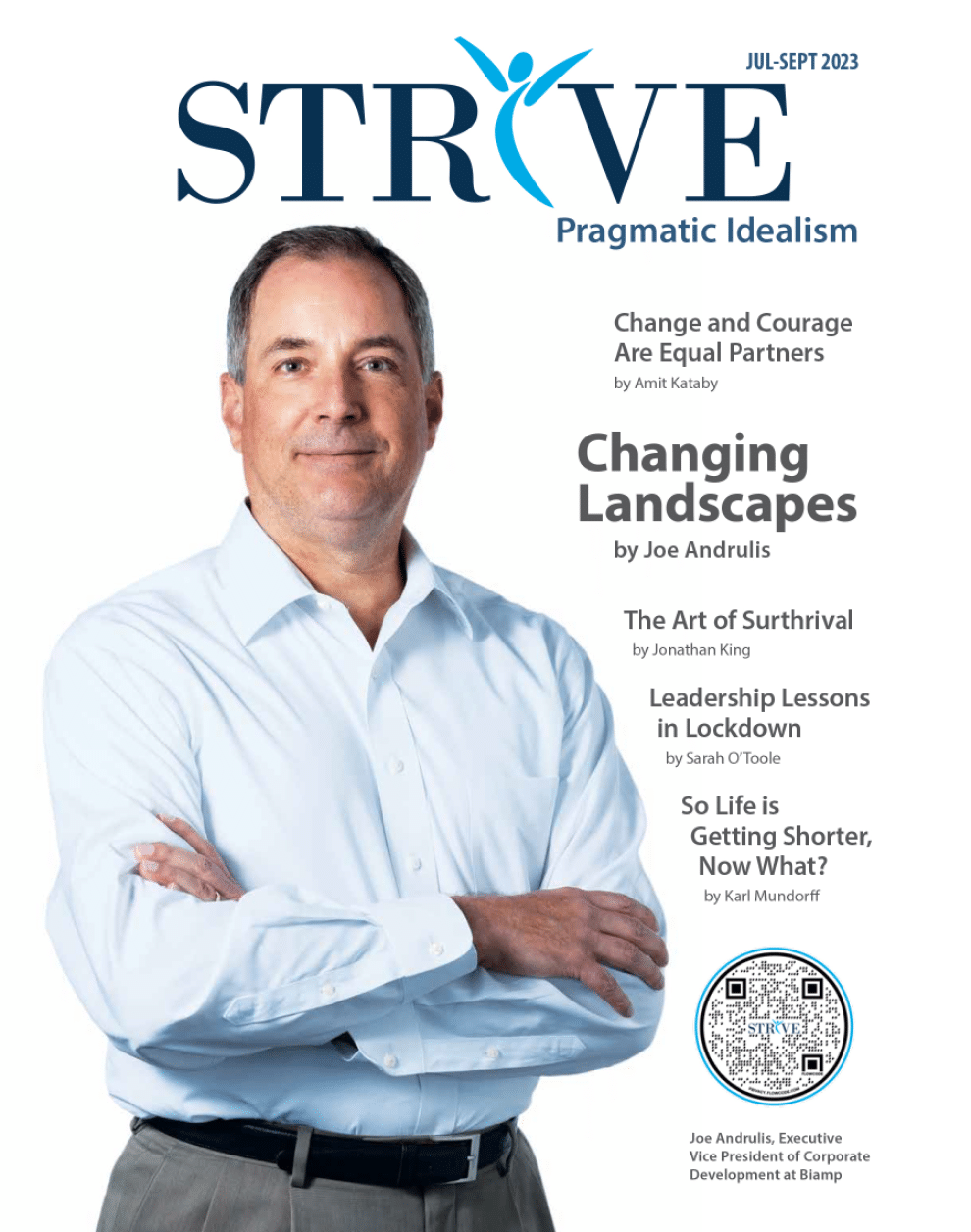
We live in a time of division. Indeed, there is even division over how divided we are (or aren’t). To me, the problem isn’t that we are divided – a vibrant marketplace of ideas is the source of a healthy society; rather, it is that we are not good at it. We meet difference with fear, resentment, and aversion, leading to alienation, prejudice, even hate.
To this, I think there is something many of us would agree on: things would be better if we were better at interacting across differences. If only there were some way to learn how to encounter difference with positivity and dignity; if there were, many of us would want to sign up, well, many of us.
I believe such a thing exists.
That being Special Olympics. At Special Olympics, not only do we believe it is possible to learn these skills, we have a way to do it.
We’re something of experts in this. For more than 50 years, Special Olympics has been bringing together people across a fundamental difference: intellectual disability. Through sport and other activities, Special Olympics gathers people in a meaningful way – those who do and don’t have an intellectual disability – and creates structure to learn and practice the skills to meet this difference positively. And, seemingly, it couldn’t have a much higher degree of difficulty; not only is this difference significant, the reaction to it has led to one of the world’s most vicious and recalcitrant stigmas.
There are different ways to see this, both the lived experience of mismanaged difference and the particular harmfulness that arises from a specific difference. In a school setting, this manifests in the form of bullying. When young people collide across differences without the knowledge, training, and tools to do so positively, bullying often results. In the US, studies indicate that one out of every five students experience bullying, a damning statistic on its own. However, when the stigma of intellectual disability is added, students are three to four times more likely to experience bullying, a figure that is likely underreported.
It is not news that the reactions to the differences between having and not having an intellectual disability lead to such negativity; indeed, these flames have forged the tools and programs of Special Olympics. What is new, however, is a fuller understanding of our impact. For years, we believed that participating in Special Olympics and coming together across the difference of disability would improve participants’ skills at understanding one another; i.e., that Special Olympics volunteers would become better skilled at positively meeting the differences between having and not having intellectual disability. If this were the case, then the Special Olympics Unified Champion Schools (UCS) programming in more than 7,500 schools across the US would affect only the prevalence of bullying experienced by students with intellectual disability.
To our surprise, we have underestimated ourselves. Yes, our programing does increase the inclusion of students with intellectual disabilities – 97% of surveyed liaisons indicated that they felt the UCS program created socially inclusive environments for students with an intellectual disability. But 92% of teachers surveyed in participating schools observe a reduction in bullying in the school overall. Across all students. Why?
As applied psychology research catches up, let me share what I think is happening here. When people – here, students – are given the knowledge, training, and environment to positively interact across a particular difference – here, intellectual disability – they develop a generalizable skill to better interact across other (maybe all) differences. It doesn’t eliminate the differences; rather, it instills a skill to meet these differences positively and productively. In a world trending towards increased diversity, where increased intersections across meaningful, identity-forging differences is the norm, the basic operation of society (workplaces, schools, etc.) will depend on a population trained to meet difference positively. Special Olympics is committed to doing our part in this. In fact, we already are – one Unified Champion School at a time.
But the need is greater than one-school-at-a-time, and so too must be our ambition. We hunger for a society where inclusion – i.e., positive interaction across difference – is the norm. How do we get from our status quo to this goal? Recent research suggests that a cultural tipping point is reached when a belief is shared by 25% of a population. When a quarter of a people subscribe to a particular change, that change becomes destined for mass adoption. This is our aim, that 25% of us develop the skillset and mindset to positively embrace difference such that it can become a broadly adopted norm.
Special Olympics is working to create the opportunity for all students to develop these skills. As of now, students in more than 7,500 schools in the US have access to inclusive Special Olympics programming. This is still a small percentage of over 100,000 schools in the US. But we think there are many willing to develop these skills of inclusion in schools, workplaces, and communities across the country and around the world. To support this, we’ve launched the Spread the Word: Inclusion campaign, calling everyone to commit to take a single act of inclusion and reach across a difference with positivity. You can make your pledge here or, better yet, join thousands of others who are hosting events calling their peers to make commitments of their own.
If this moment is uniquely divisive, then join me in taking action, not to create homogeneity but to create a generational upskill in positively meeting difference. Start today by being a friend, looking out for the isolated, giving everyone a voice. Take the commitment and pledge to include at spreadtheword.global.














































